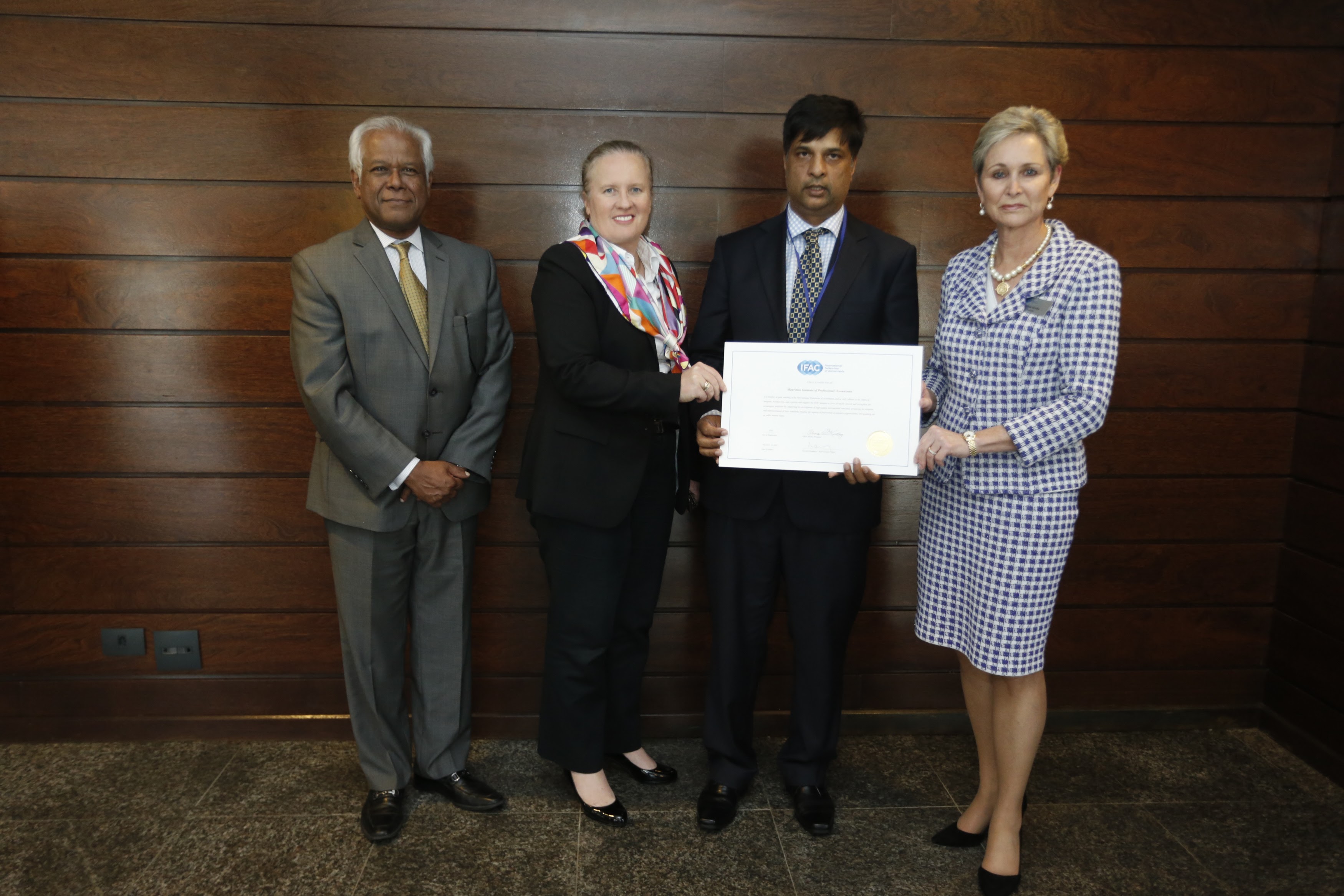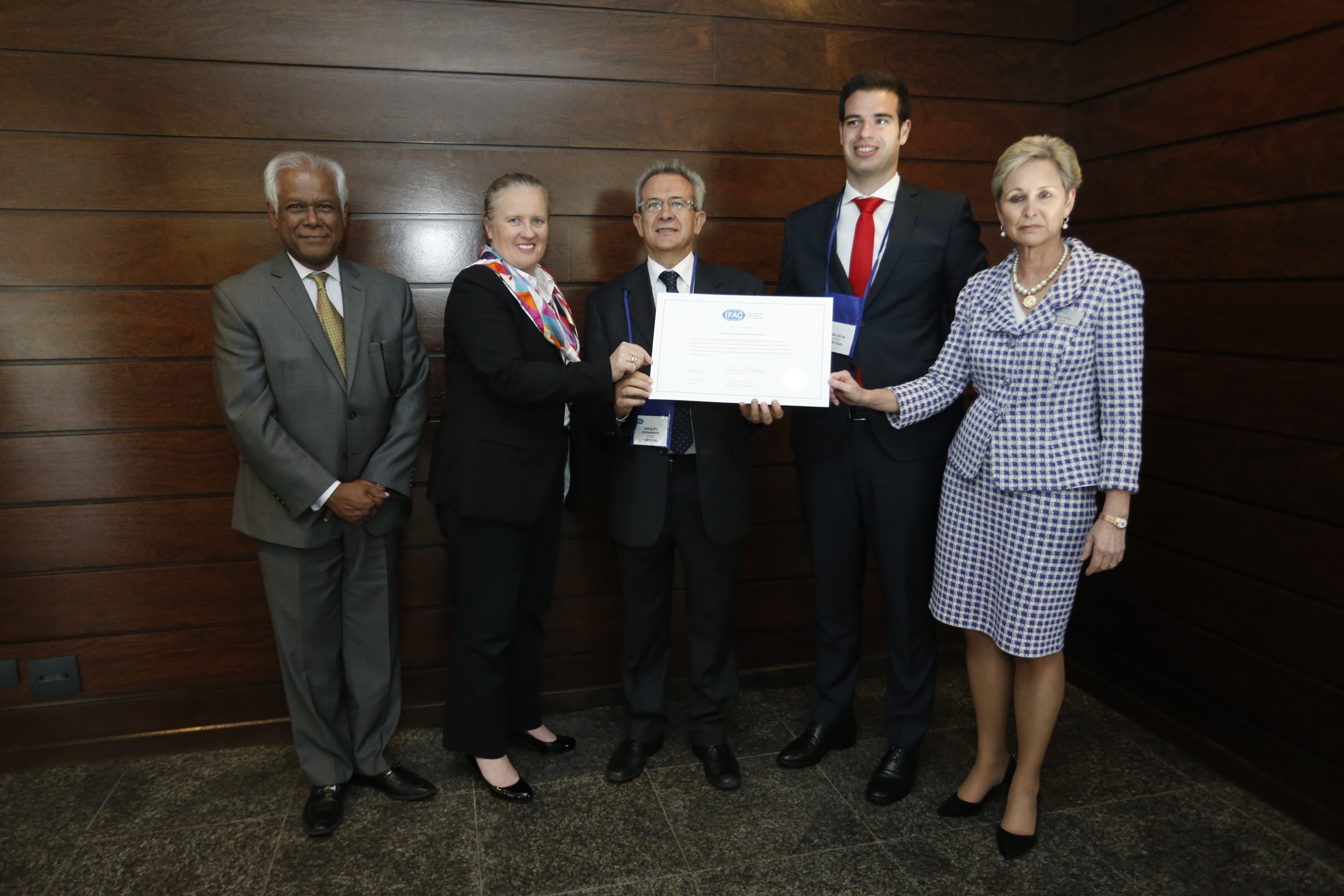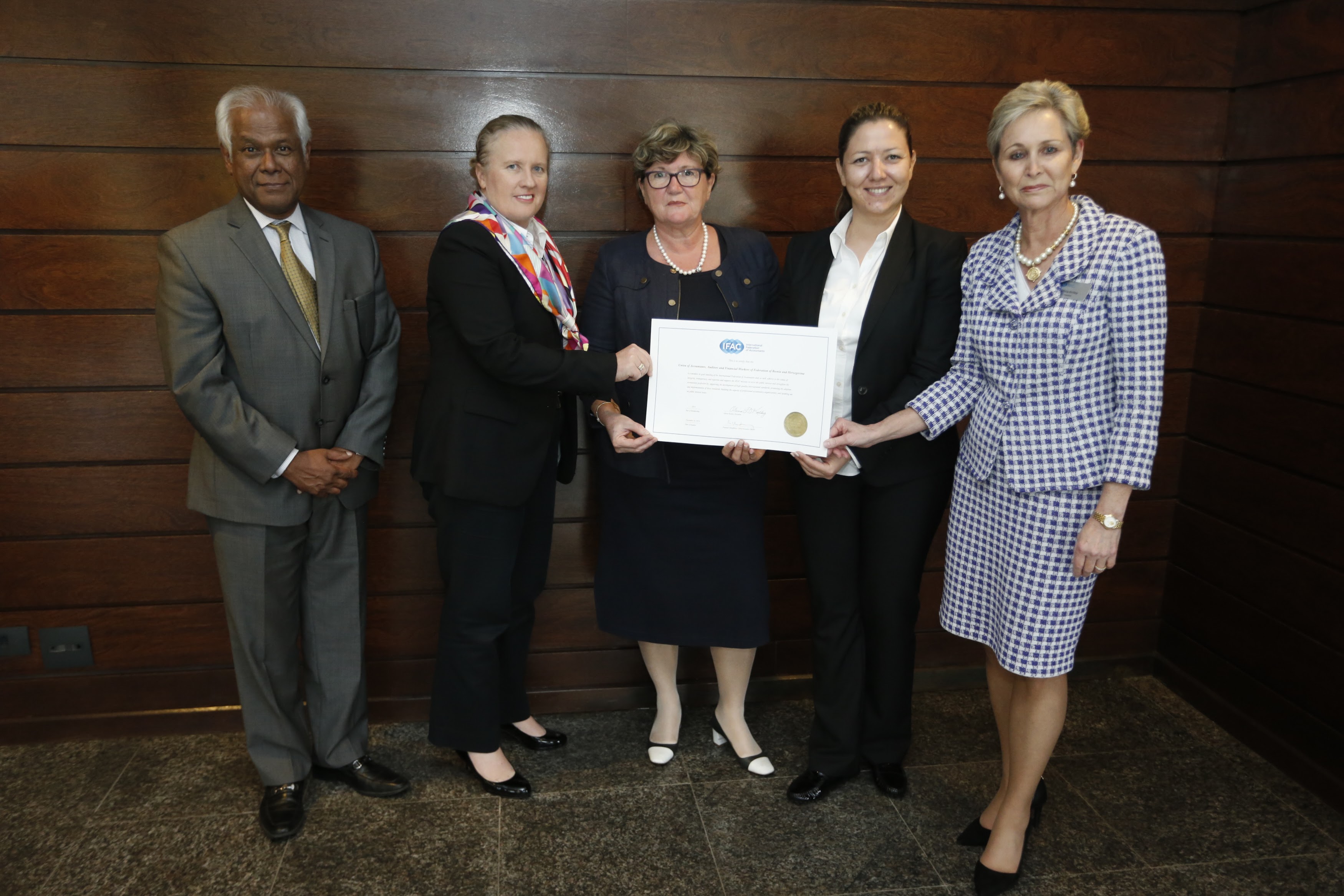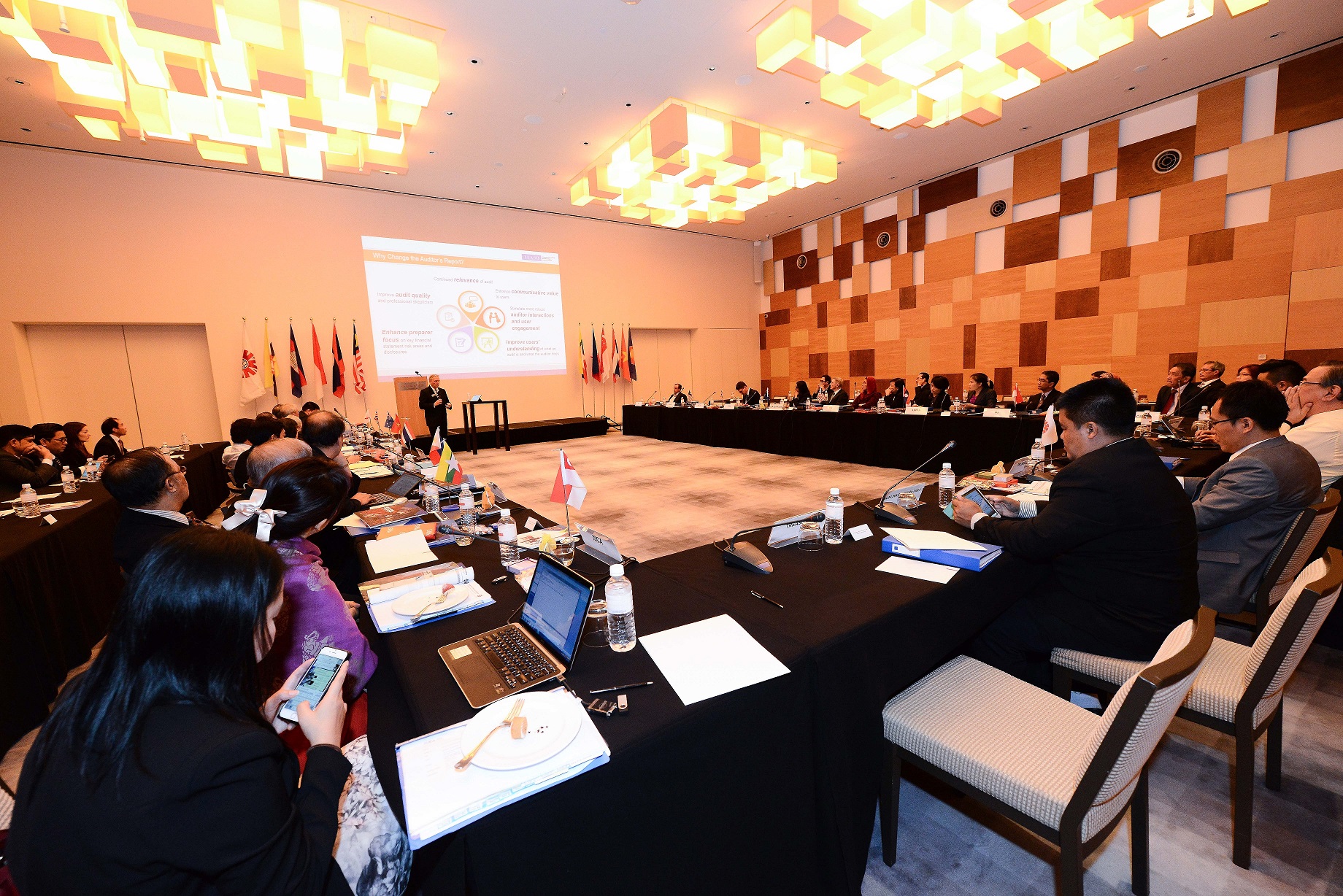At the Chartered Institute of Public Finance and Accountancy (CIPFA)’s 2017 Conference in Manchester, UK, the International Federation of Accountants (IFAC) and CIPFA announced the launch of the Public Sector Financial Accountability Index.
Developed jointly by IFAC, as part of its Accountability. Now. initiative, and CIPFA, with the Zurich University of Applied Sciences as knowledge partner, the index will be the first of its kind to provide an accurate global picture of public sector financial reporting quality.
In particular, the index will provide a picture of the extent of accrual accounting and adoption of International Public Sector Accounting Standards. It will also aim to provide a better understanding of accounting and budgeting reform plans, and help stimulate public financial management (PFM) reforms.
The main output will be a regularly updated country-by-country public database. It will initially focus on central government, and expand over time to include state/provincial and local government.
The index will initially be populated with research data on individual countries and regions, collected by various international institutions. National standard setters will be invited to review, comment upon, and supplement the information, after which the first set of data will be made available in November 2017.
“The Public Sector Financial Accountability Index will provide better insight into the extent of global public financial reporting reform, and stimulate further reform,” said Fayez Choudhury, IFAC Chief Executive Officer.
“High-quality accrual-based information that captures the entire picture of a government’s finances and its funding commitments, both now and in the future, is the foundation for strong public financial management,” said Rob Whiteman, CIPFA CEO. “It strengthens economies, and, most importantly, builds trust with citizens. CIPFA is proud to be supporting the development of this index, which we believe will be a relevant and timely contribution to global PFM reform.”
About IFAC
IFAC is the global organization for the accountancy profession dedicated to serving the public interest by strengthening the profession and contributing to the development of strong international economies. IFAC is comprised of more than 175 members and associates in more than 130 countries and jurisdictions, representing almost 3 million accountants in public practice, education, government service, industry, and commerce.
About CIPFA
CIPFA, the Chartered Institute of Public Finance and Accountancy, is the professional body for people in public finance. Our 14,000 members work throughout the public services, in national audit agencies, in major accountancy firms, and in other bodies where public money needs to be effectively and efficiently managed.
Accountability. Now. is an initiative of the International Federation of Accountants (IFAC) to promote high-quality financial accounting and reporting by governments to improve transparency and help strengthen public financial management and accountability in the public interest. Further information can be obtained via the Accountability. Now. brochure.




